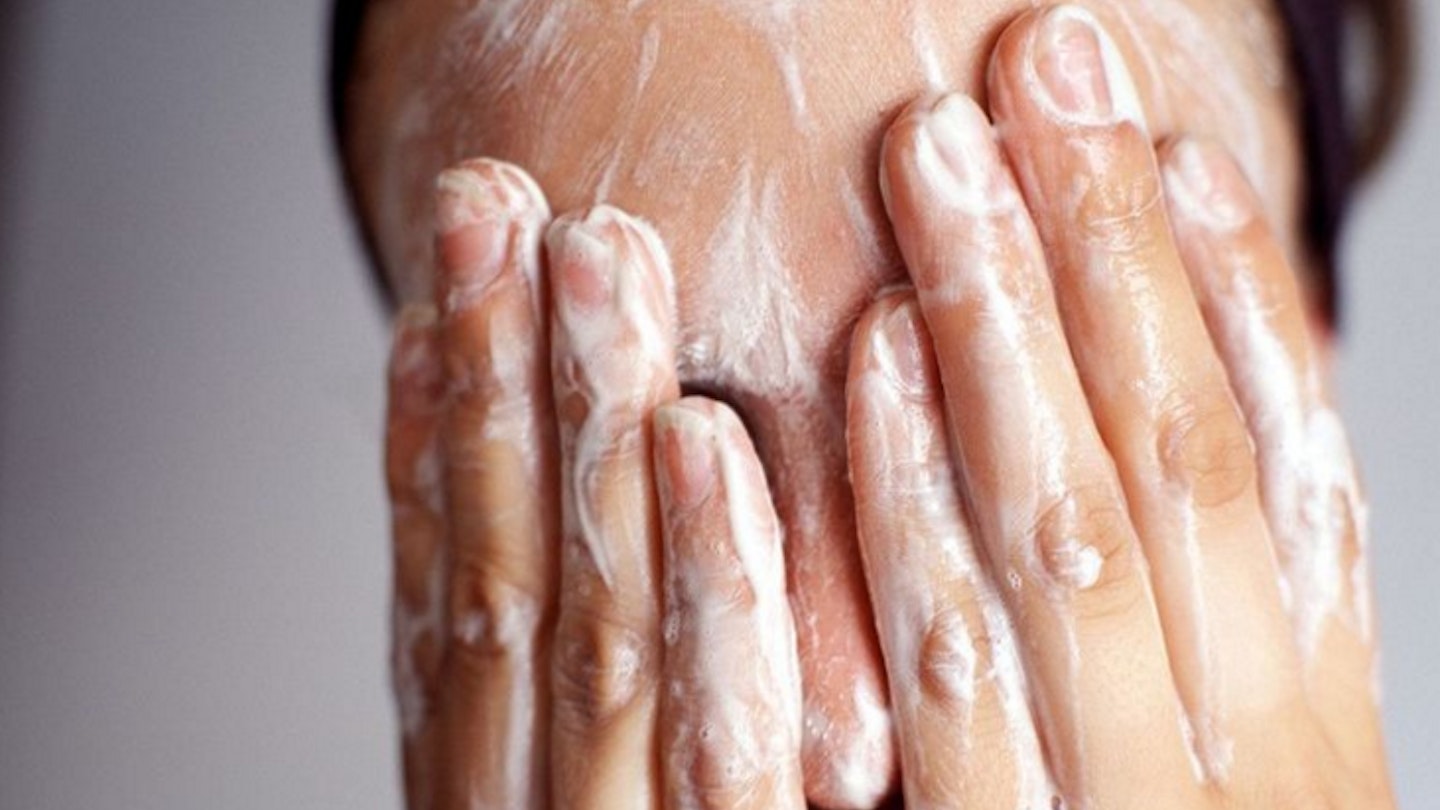Microbeads, the tiny pieces of plastic found in beauty products from toothpaste to face wash, will be banned in the UK later this year, the government has confirmed.
Used as exfoliants in skin care, campaigners have long been lobbying for a ban on the non-biodegradable plastic particles because of their huge environmental impact. Around 808 tonnes of the beads are thought to wash down our plugholes on a daily basis, eventually ending up in the ocean. Here, the beads are often inadvertently eaten by shellfish and plankton, before moving up the food chain to affect larger fish and birds.
'Last year the government launched a consultation on banning microbeads in personal care products, which have such a devastating effect on marine life,' said Environment Secretary Michael Gove. 'We are responding to that consultation today and we will introduce legislation to implement that ban later this year.'
'Rinse-off' products, including exfoliators, toothpastes and some shower gels, will be affected by the ban, but some 'leave on' cosmetics such as sunscreen will not, despite also using microbeads. A government committe will consider whether others should be included in the ban.
Manufacture of these products will be prohibited from January 2018, with sales banned in June of the same year. Enforcement of the ban will, according to the Department for Environment, Food and Rural Affairs (or Defra) 'be carried out through a range of sanctions including variable monetary penalties, compliance notices and enforcement undertakings.'
Greenpeace have welcomed the move as 'the strongest ban on microbeads in the world to date,' and while environmental groups and campaigners have recognised the move as a step forward, many have also been quick to point out that the ban could go further.
Many major high street chains like Asda, Marks & Spencers, Waitrose and Sainsbury’s have already made the decision to phase out microbeads from their own-brand cosmetics, as have beauty giants like L’Oréal and Unilever. However, the beads can still be found in products by P&G and Tesco.
Before the ban comes into place, you can do your bit for the environment by checking the labels of the products on your bathroom shelves, and ditching those containing nylon, polypropylene, polyethylene, polyethylene terephthalate, polymethyl methacrylate or polytetrafluoroethylene. Got that?
READ MORE: Microbeads: The Beauty Ingredient You Didn't Know Could Be Bad For The Environment
